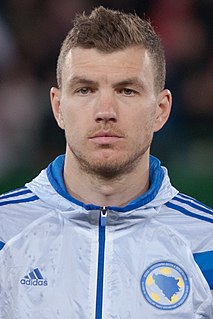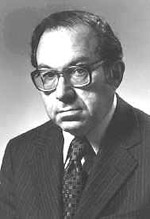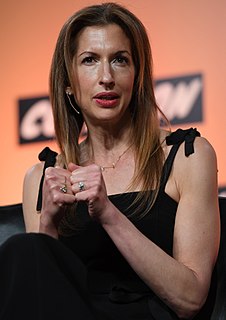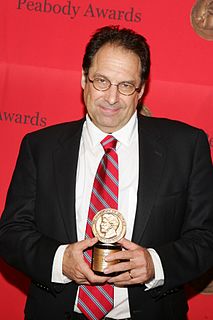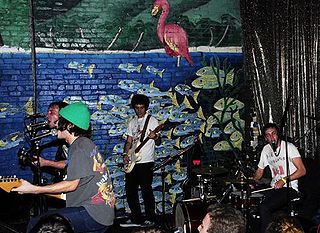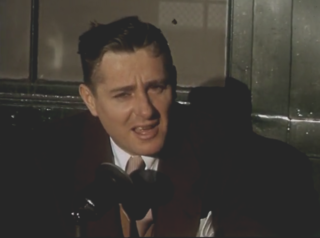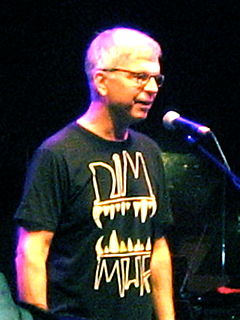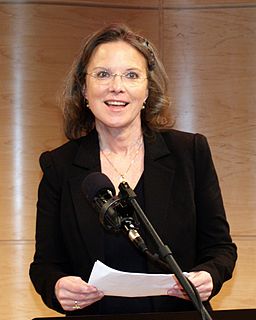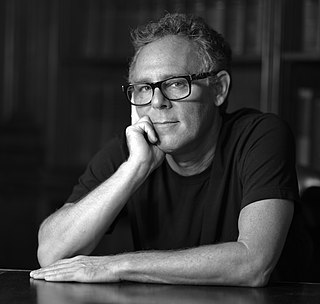A Quote by Edin Dzeko
United always had that flag which counted the years City were without a title, making fun of our fans. After the 6-1, they were quiet!
Related Quotes
The Beatles realized that what they were making in the studio could never be performed. And they had already given up on performing because there were too many screaming fans and they were playing in larger and larger venues so they couldn't even hear what they were playing, it just wasn't any fun any more.
As the Nazi regime developed over the years, the whole structure of decision-making was changed. At first there were laws. Then there were decrees implementing laws. Then a law was made saying, ‘There shall be no laws.’ Then there were orders and directives that were written down, but still published in ministerial gazettes. Then there was government by announcement; orders appeared in newspapers. Then there were the quiet orders, the orders that were not published, that were within the bureaucracy, that were oral. And finally, there were no orders at all. Everybody knew what he had to do.
From the moment my dad died, from the moment I found out there was the possibility of his dying, there were many surprises - years after, minutes after. The moments I was okay were as surprising as the ones that I wasn't. Making it through the eulogy without losing it. And then the guilt I felt about it. Surprise!
I had proposed to HBO a series about the city cops in Rome at the time of Nero. What had interested me was the idea of order without law. The Praetorian Guard, who were the emperor's guards, understood how they were to proceed. But for the city cops, who were called the Urban Cohorts, there was no law at all.
We've always done things the way we wanted to. It's true that our experience affects some of our decision making, but that's a part of growing up and evolving as a band and as people. The first five or six years were really rough. We had no money. We were lost and crazy and made mistakes, but we learned a lot and suffered through tough times, and I think what we did reflected where we were and who we are.
Toward the end of the campaign, we interviewed some voters in Raleigh, N.C., which is a generally Democratic city, and I'm thinking of a young couple. They had two kids. They described themselves as Christian. They oppose gay marriage. And they were saying that even though they didn't like Donald Trump, they were thinking of voting for him. And one of the reasons was they felt that they were - their very views were making them socially unacceptable. They were feeling a little alienated from the world.
The first thing United's fans have to understand is that a part of my heart will always be with them. They were very supportive, and they always made me feel good even when I wasn't playing, so I will always keep that in my heart. The second point is that the reason I did not stay at United was nothing to do with the fans.
Blood Dazzler is Patricia Smith's impassioned lyric chronicle of a beloved city in peril, a city whose people were left to die before us all, a people who were the heart of our country and lifeblood of our culture. After rising water, winds and abandonment, after our failure and neglect, comes this symphony of utterance from the ruins: many-voiced, poignant, sorrowful and fierce. This is poetry taking the full measure of its task.
I was spending a lot of time in Mumbai after I met my husband, who is Indian, and while parts of the city were prospering like crazy, I couldn't quite make out how the new wealth had changed the prospects of the majority of city residents who lived in slums. So after a few years I stopped wondering and started reporting.
